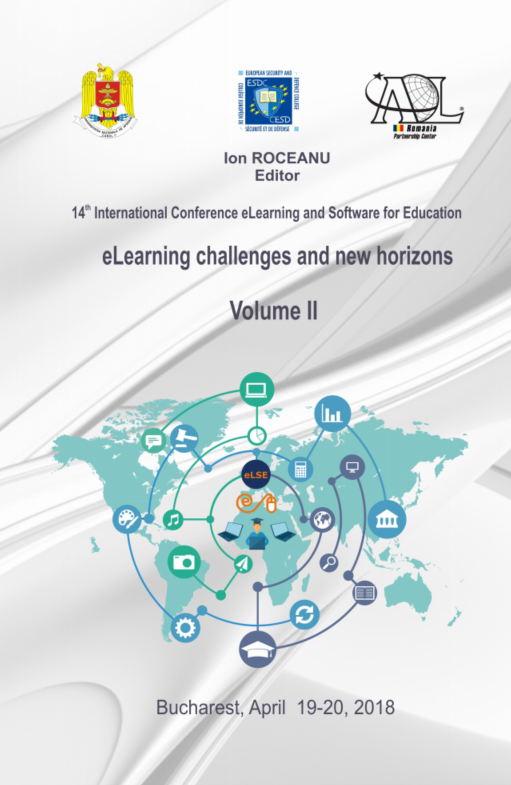Advantages of the Online Assessment with Lifelong Language Training Programs in the Romanian Armed Forces
Advantages of the Online Assessment with Lifelong Language Training Programs in the Romanian Armed Forces
Author(s): Luiza-Maria COSTEA, Cătălin Bursuc, Orlando RaduSubject(s): Social Sciences, Education
Published by: Carol I National Defence University Publishing House
Keywords: lifelong language training programs; online assessment;
Summary/Abstract: In the Ministry of Defense, military and civilian personnel carry out, in accordance with their job description, activities with foreign partners. Those activities are in line with procedures of foreign partners or organizations or are even run by multinational structures. The need of owning communication competences particularly in English, but not exclusively, has led to imposing a linguistic standard at the NATO level, namely the standard STANAG 6001. This framework mainly standardizes assessment of foreign languages. Romania, as a NATO-member state, has set up, within the MoD, the Capability Taskforce N 11012 which states that trained and linguistically assessed personnel will fill the positions that require communicating in English. Reaching the capability taskforce can be mainly achieved within the language training system, by means of flexible and custom-tailored training programs. Such language training programs comprise both traditionally organized face-to-face modules and online modules. Also, there are assessment sections where the online module plays a major role. In terms of assessing language proficiency, an important part of it is the intercultural competence evaluation. On one hand, assessing acquisition of information, knowledge and understanding can be apparently easily carried out, but, on the other hand, that is just part of the intercultural competence. How can ability be evaluated? How can we assess or even quantify tolerance, attitudes, changing perspective, overcoming stereotypes? Intercultural competence stems out from solid cultural knowledge of the target language and it also is a cornerstone component of the communicative proficiency. The possibilities of applying, the legal framework of organizing and the advantages of the online assessment represent elements that could boost the efficiency of reaching the above-mentioned taskforce.
Journal: Conference proceedings of »eLearning and Software for Education« (eLSE)
- Issue Year: 14/2018
- Issue No: 02
- Page Range: 435-441
- Page Count: 7
- Language: English

